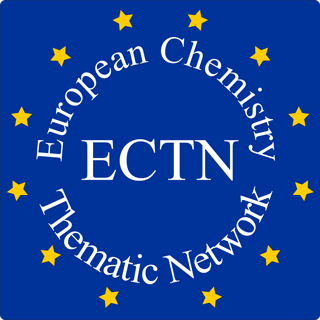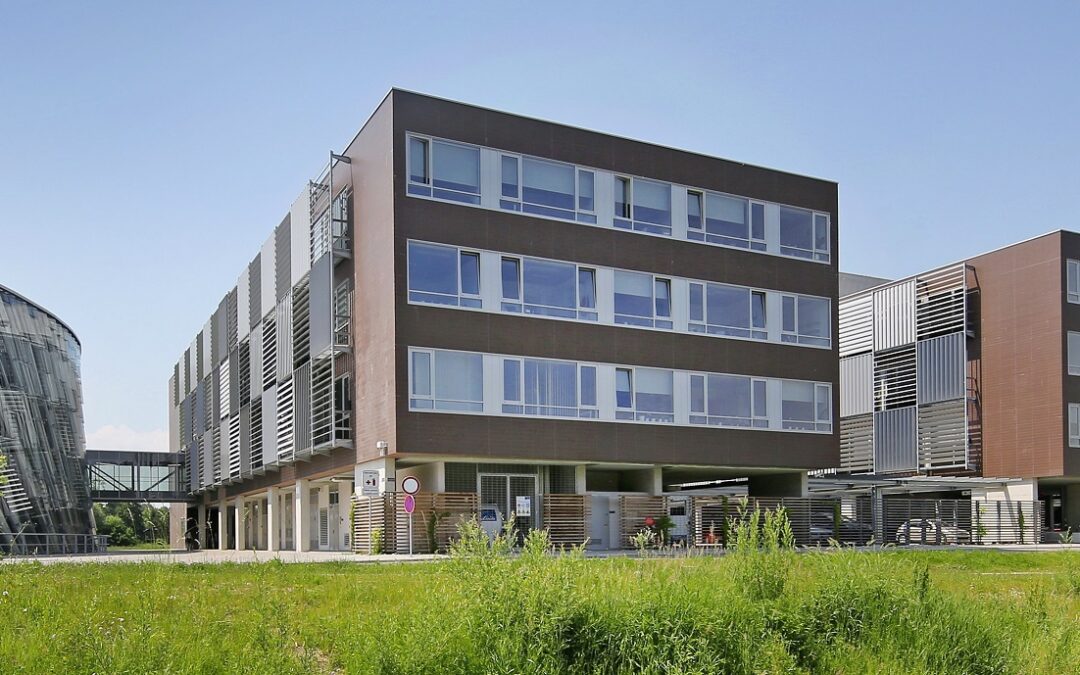
May 19, 2023 | News
The STEM-CPD@EUni Final Conference took place on Friday, 2nd June 2023, at the University of Ljubljana. 38 participants from variety of universities had the opportunity to enjoy 5 lectures, 12 short oral presentations, workshop, panel discussion and 10 posters.
Read more here: Final Conference – ECTN
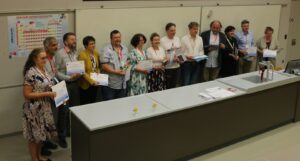
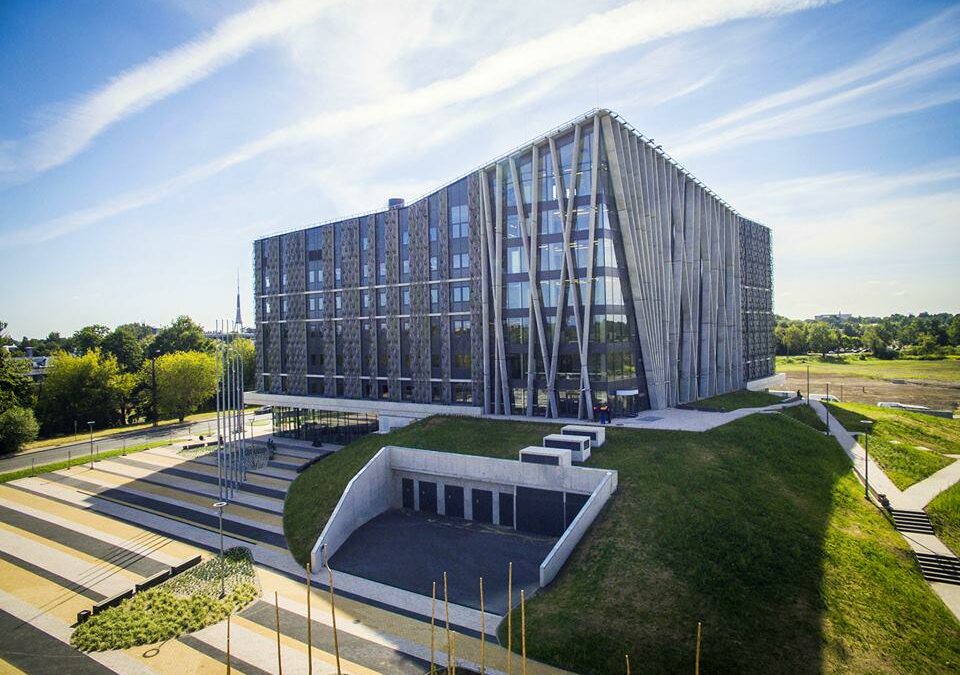
May 19, 2023 | News
DISTINCT Project: TPM1 event in Riga, May 11-13, 2023
The first Transnational Project Meetings TPM1 for the DISTINCT project will take place on 11th – 13th of May 2023 at the University of Latvia Academic centre, House of Nature, Jelgavas street 1, Riga.
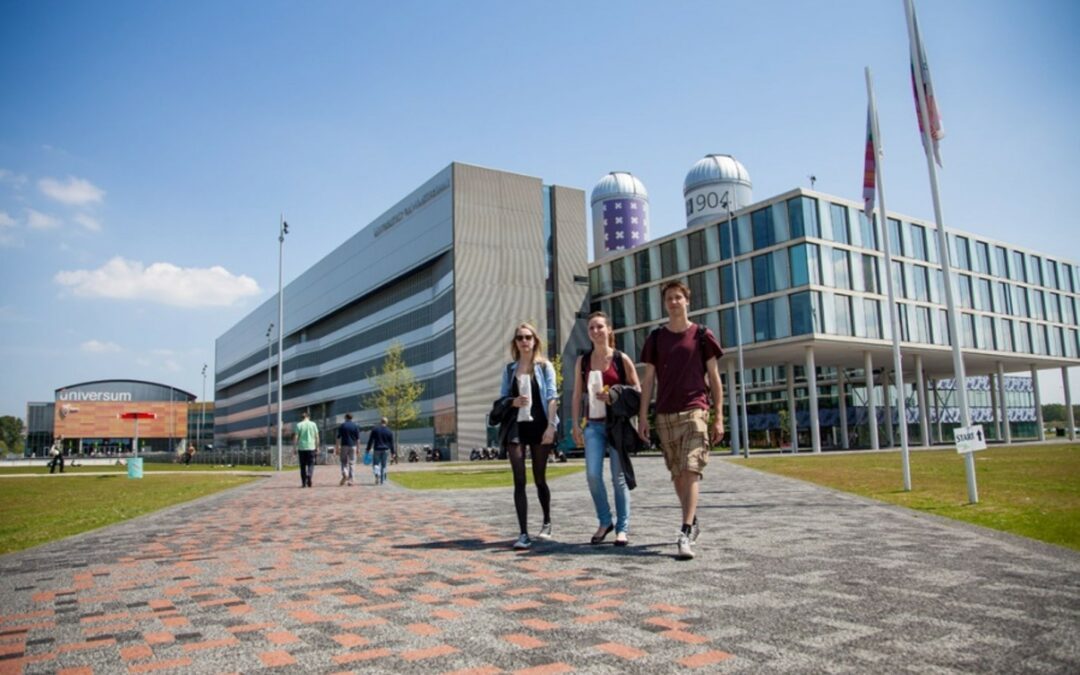
Nov 22, 2022 | News
The 2023 ECTN Annual Meeting and General Assembly held in Amsterdam was attended by over 100 representatives of Chemistry Faculties, Societies, IUPAC and EUChemS Presidents.

Mar 10, 2022 | News
The deadline for registering for the ECTN General Assembly 2022, which will take place on 8 – 9 APRIL 2022 at the Institute for Food Science and Technology, Hungarian University of Agriculture and Life Sciences, Buda Campus, Budapest, Hungary, has been moved to 15 March. The deadline for payment, March 25, remains the same.
You can register here:
https://ectnga2022.mke.org.hu/

Mar 1, 2022 | Featured post, News
The ECTN General Assembly will take place on 8 – 9 APRIL 2022 at the Institute for Food Science and Technology, Hungarian University of Agriculture and Life Sciences, Buda Campus, Budapest, Hungary.
The meeting website is now open at:
https://ectnga2022.mke.org.hu/
The registration deadline is March 7 and the payment deadline is March 25.
There will be an election for EChemTest User Representative on the VEC committee.
This post is open to any ECTN Member. If you, or someone from your institution, wish to stand for election, please send an e-mail to the election officer, generalsecretary@ectn.eu before the deadline of 1st April 2022 The message should provide the name and institution of the nominee, and a very brief (a few lines) account of the EChemTest experience of the nominee. No other formalities are required.
Quoting our President, Sanjiv Prashar:
Despite these difficult times I hope as many of you that can, will join us in Budapest and participate in this vibrant project that we share.
Our network has many aims and objectives but for me the most important goal is the integration of European chemists, be they researchers and/or educators. For this human interaction is by far the most important reagent and although Zoom and Teams have come to our rescue, nothing can replace the in-person warmth and good will that is the essence of our meetings.
These are exciting times for the ECTN. Firstly, our General Assembly will be asked to approve a complete overhaul of the working groups and several new ones will be presented. Members will be invited to participate at all levels. These new groups will cover topics such as lecturer accreditation, Tuning revisited, ECTN digitalization and chemistry in society.
Our three standing committees Labels, Virtual Education Community and Quality Standards in Teaching, have been revamped with new faces that will surely continue and extend the excellent work that is being carried out in the name of the ECTN.
This year we have the good fortune to participate in two projects financed by the Erasmus Plus Programme, namely, STEM Continuous Professional Development at European Universities (STEM-CPD@EUni) and Digital Support in Chemistry Teaching (DISTINCT). Both projects are looking to recruit ECTN members to work and develop different aspects of each project. Presentation at our annual meeting will be made by the respective project coordinators Iwona Maciejowska and Marek Frankowicz
So, exciting times for all. You don’t want to miss out. Register now and I will see you in Budapest where a memorable chemistry reaction will no doubt take place.


